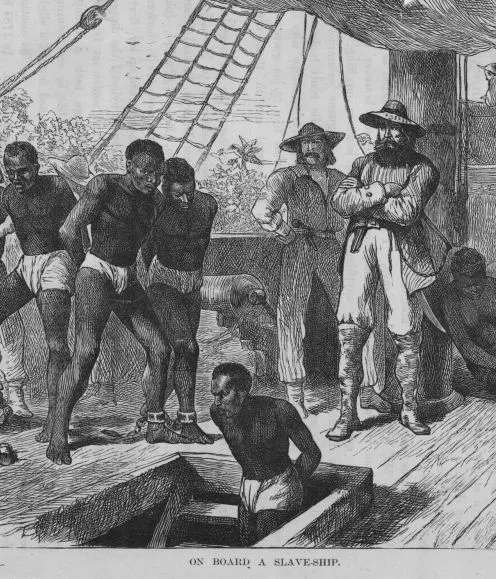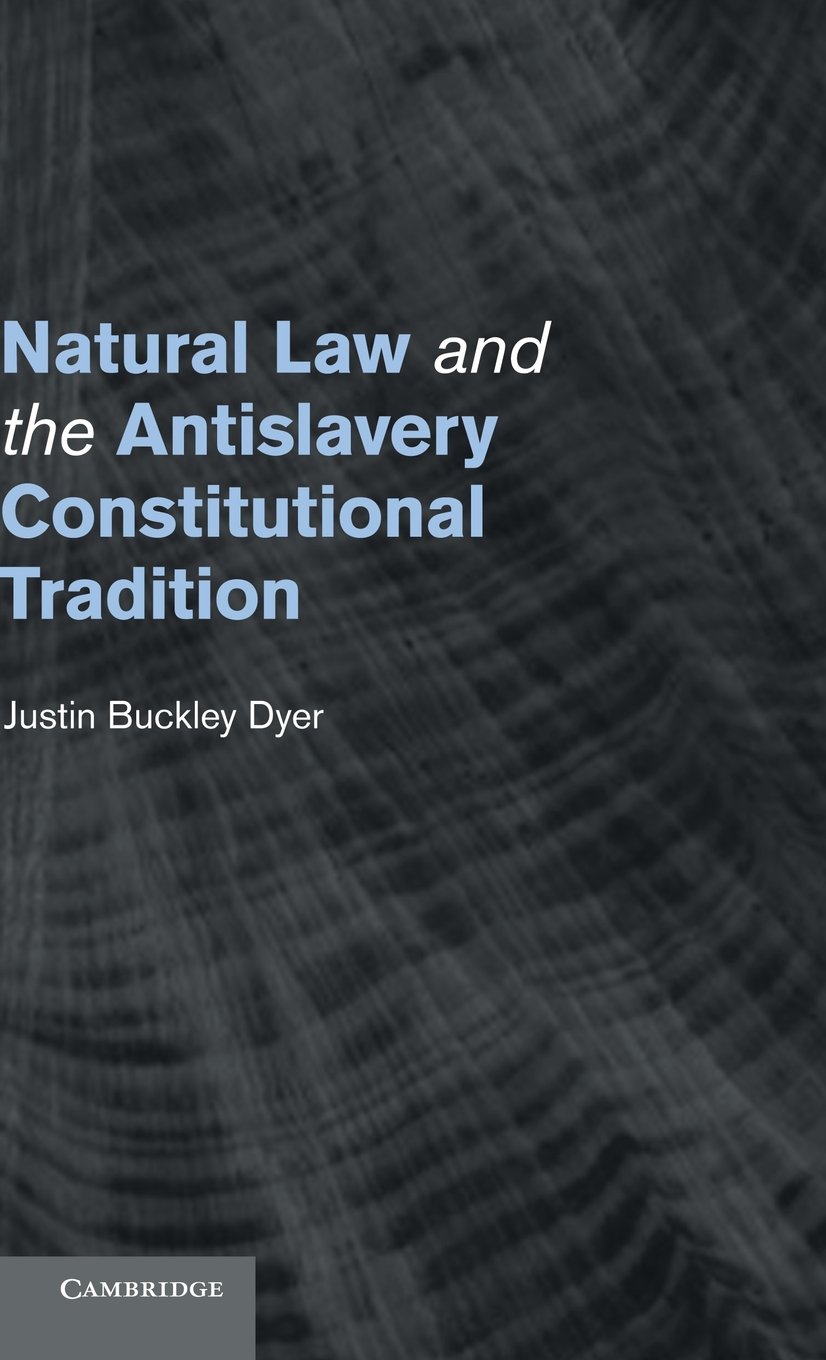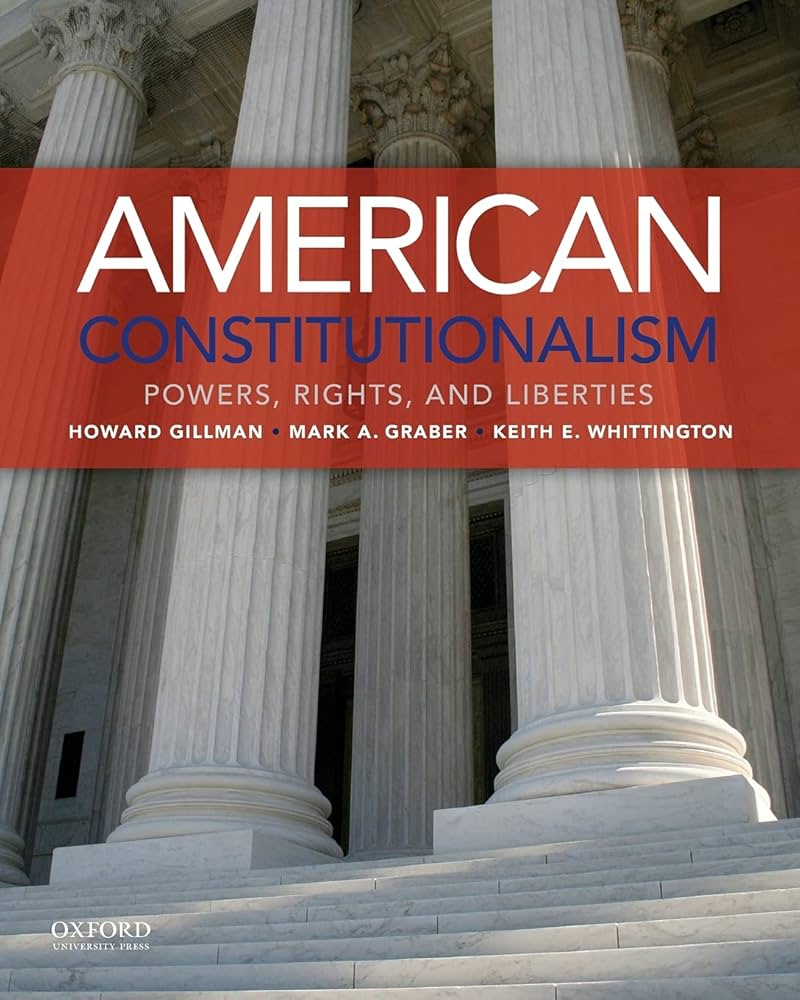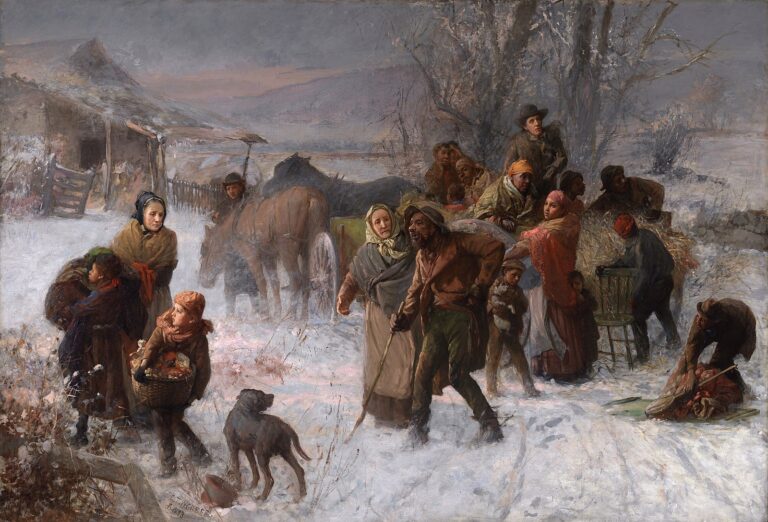
The Thirteenth Amendment
The Thirteenth Amendment was ratified on December 6, 1865. This amendment banned slavery in the United States, ending a barbaric system that had been legal in America for well over a hundred years.
An end to American slavery
The Thirteenth Amendment was ratified on December 6, 1865. In the aftermath of the Civil War, this amendment banned slavery in the United States, ending a barbaric system that had been legal in America for well over a hundred years. Four million people, an entire eighth of the U.S. population, were freed as a result.
The Emancipation Proclamation had freed slaves in many states nearly three years prior, but the Proclamation was officially a wartime measure, not a formal law. Unlike the Thirteenth Amendment, it did not guarantee the total abolition of slavery.
Finally free, former slaves struggled to adjust to living in freedom with their former owners as neighbors. Many freedmen required education previously denied to them, including basic skills such as reading and writing. African-Americans also began migrating to other parts of the country, including the North and the western frontier, in pursuit of greater opportunity.
Though the Thirteenth Amendment banned slavery in the United States, it did not give citizenship to African-Americans, nor did it give African-American men the right to vote. These gains were not accomplished until the passage of the other Reconstruction amendments, the Fourteenth and Fifteenth Amendments, in 1868 and 1870, respectively.
Neither slavery nor involuntary servitude, except as a punishment for crime whereof the party shall have been duly convicted, shall exist within the United States, or any place subject to their jurisdiction.
Resources on the Thirteenth Amendment
A collection of resources recognizing this important piece of American law.
From the Jack Miller Center
Congress shall have power to enforce this article by appropriate legislation.
Commentary and articles from JMC Scholars
Slavery, political philosophy, and Constitutional law
William Allen, Re-Thinking Uncle Tom: The Political Philosophy of H. B. Stowe. (Lexington Books, 2008)
Mark Boonshoft, “Doughfaces at the Founding: Federalists, Anti-Federalists, Slavery, and the Ratification of the Constitution in New York.” (New York History 93.3, Summer 2012)

Justin Dyer, Natural Law and the Antislavery Constitutional Tradition. (Cambridge University Press, 2012)
Justin Dyer, “Revisiting Dred Scott: Prudence, Providence, and the Limits of Constitutional Statesmanship.” (Perspectives on Political Science39.3, 2010)
Justin Dyer, Slavery, Abortion, and the Politics of Constitutional Meaning. (Cambridge University Press, 2013)
Justin Dyer, “Slavery and the Magna Carta in the Development of Anglo-American Constitutionalism.” (PS: Political Science and Politics 43.3, July 2010)
Eliga Gould, “The Laws of War and Peace: Legitimating Slavery in the Age of the American Revolution.” (State and Citizen: British America and the Early United States, University of Virginia Press, 2013)
Peter Onuf, Statehood and Union: A History of the Northwest Ordinance. (Indiana University Press, 1987)
Justin Lawrence Simard, “Slavery’s Legalism: Lawyers and the Commercial Routine of Slavery.” (Law and History Review 37.2, May 2019)
Keith Whittington, “The Road Not Taken: Dred Scott, Constitutional Law, and Political Questions.” (Journal of Politics 63.2, May 2001)
Keith Whittington, “Slavery and the U.S. Supreme Court.” (The Political Thought of the Civil War, University Press of Kansas, 2018)
Jean Yarbrough, “Race and the Moral Foundation of the American Republic: Another Look at the Declaration and the Notes on Virginia.” (The Journal of Politics 53.1, February 1991)
Michael Zuckert, Transcript of the 2013 Walter Berns Constitution Day Lecture: Slavery and the Constitutional Convention. (American Enterprise Institute, September 17, 2013)
The impact of the Thirteenth Amendment
Justin Dyer, “Constitutional Confusion: Slavery, Abortion, and Substantive Constitutional Analysis.” (American Journal of Economics and Sociology 76.1, 2017)

Keith E. Whittington (co-author), American Constitutionalism: Powers, Rights, and Liberties. (Oxford University Press, 2014)
Michael Zuckert, “Completing the Constitution I: The Thirteenth Amendment.” (Constitutional Commentary 718, 1987)
Michael Zuckert, “Natural Rights and the Post-Civil War Amendments.” (Natural Law, Natural Rights and American Constitutionalism, Witherspoon Institute/National Endowment for the Humanities, 2011)
The Civil War and Emancipation
Andrew F. Lang, A Contest of Civilizations: Exposing the Crisis of American Exceptionalism in the Civil War Era. (University of North Carolina Press, 2021)
Andrew F. Lang, “Republicanism, Race, and Reconstruction: The Ethos of Military Occupation in Civil War America.” (Journal of the Civil War Era 4.4, December 2014)
Jonathan White, “155 Years Ago: Lincoln and the Black Delegation.” (The Lincoln Forum Bulletin 42, Fall 2017)
Jonathan White (editor), “The Civil War Letters of Tillman Valentine, Third U.S. Colored Troops.”(Pennsylvania Magazine of History and Biography139.2, April 2015)
Jonathan White, Emancipation, the Union Army, and the Reelection of Abraham Lincoln.(Louisiana State University Press, 2014)
Jonathan White, “Race, Slavery, and Freedom in the Ohio River Valley during the Civil War.” (Ohio Valley History 16.3, Fall 2016)
Jonathan White, “When Emancipation Finally Came, Slave Markets Took on a Redemptive Purpose.” (SmithsonianMag.com, February 26, 2018)
Reconstruction
Michael Douma (co-author), “The Danish St. Croix Project: Revisiting the Lincoln Colonization Program with Foreign-Language Sources.”(American Nineteenth Century History15.3, 2014)
Michael Douma, “Holland’s Plan for America’s Slaves.” (New York Times, July 11, 2013)
Michael Douma, “The Lincoln Administration’s Negotiations to Colonize African Americans in Dutch Suriname.” (Civil War History 61.2, June 2015)
Allen Guelzo, “The History of Reconstruction’s Third Phase.” (History News Network, February 4, 2018)
James Patterson, “Free Markets, Racial Equality, and Southern Prosperity: The Rise and Fall of Lewis Harvie Blair.” (Library of Law and Liberty, November 21, 2014)
Diana Schaub, “Lincoln and the Other Washington.”(Law & Liberty, February 15, 2016)
Rogers Smith, “Legitimating Reconstruction: The Limits of Legalism.” (Yale Law Journal 108, 1999)
Kyle Volk, “Desegregating New York City: The Amazing pre-Civil War History of the Public Transit Integration in the North.” (Salon.com, August 10, 2014)
Michael Zuckert, “Fundamental Rights, the Supreme Court and American Constitutionalism: The Lessons of the Civil Rights Act of 1866.” (The Supreme Court and American Constitutionalism, Rowman & Littlefield, 1997)
Michael Zuckert, “Natural Rights and the Post Civil War Amendments.” (Witherspoon Institute’s Natural Law, Natural Rights and American Constitutionalism, Online Resource Center, 2009)

